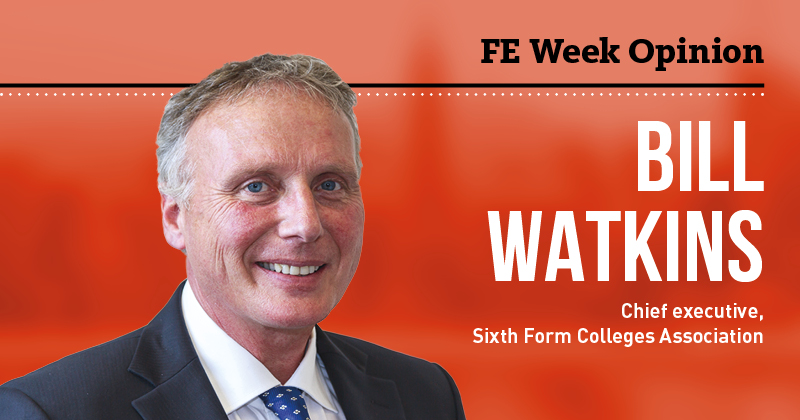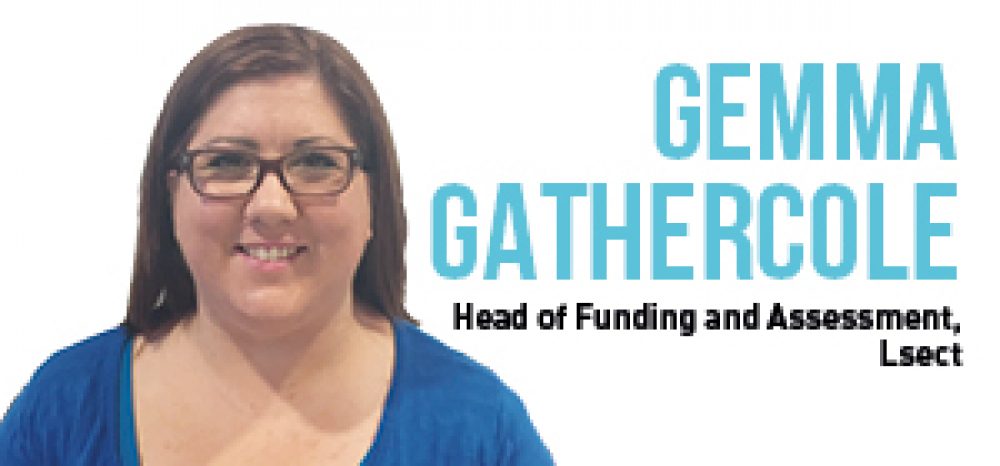By this time on results day, we’re all now aware of the new style of numerical GCSE grading.
But if you’re still getting your head around whether a 1 or a 9 is the best grade, or wondering what this means for students starting post-16 courses this September and who will be subject to the English and maths funding condition, then this is the guide for you.
Which is best, 9 or 1?
First of all, the clue to the grading structure is in the title of these new GCSEs – they’re referred to by the regulator as “GCSE 9 to 1”. Grade 9 is the highest on the new scale and grade 1 is the lowest. Ofqual has produced this handy post card to explain how the new grades match the old ones.
So, a grade 4 is a C?
Well not quite. It’s not a straightforward relationship between old grades and new: there are now 9 grades, plus fail, in the system, whereas there were previously eight. In this first year, the same proportion of students who would have got a C or above will get a 4 or above in the new system. But not everyone who would have got a C will get a 4 – some will get a 5.
What’s a pass?
If I’m being pedantic, any grade is a pass: GCSEs span two levels. Grades D-G or 3-1 are level 1 outcomes and grades A*-C or 9-4 are level 2 outcomes. But what you really what to know is what constitutes a good pass.

Here we’ve got some new terminology: the Department for Education announced in March that it would consider grade 4 to be a “standard” pass and grade 5 a “strong” pass.
What does this mean for the funding condition?
Funding condition requirements have not changed. Students who don’t achieve the required grade in English or maths must study that subject as part of their study programme. Students who achieve one grade below the requirement must be enrolled on a GCSE programme, whereas students on lower grades can choose to study GCSEs, Functional Skills or other eligible qualifications.
In the old system, students who did not achieve a C or above were subject to the funding condition. In the new system, it kicks in at grade 4 or above, so students achieving 3-1 or U will continue to study English and maths. Students with a 3 (a D in the old system) must be enrolled on a GCSE.
If your learners are not yet ready for assessment, they can continue to study the qualification until they are ready to be assessed
These requirements stay in place until a learner achieves grade 4 or above, or ages out of 16-19 funding. There is a no requirement, however, that a student is entered for examination at any specific time. So if your learners are not yet ready for assessment, they can continue to study the qualification until they are ready to be assessed. Remember though, as GCSEs are now linear qualifications, assessment is only available once a year, during the summer series.
There are relatively few opportunities for 16- to 19-year-olds to be exempted from the funding condition. Students undertaking an apprenticeship are exempted as apprenticeships have their own English and maths requirements, and students on short programmes lasting less than 150 hours are too. There is no exemption for students on part-time programmes lasting longer than 150 hours or students on traineeships. Students with specific SEN needs are not automatically exempt, but can be if there is evidence they could not attempt GCSE.
How many students got a grade 3?
Below are our estimates for the number of students falling into the grade 3 bracket. The figures below are taken from JCQ results statistics. Table 1 is for all students taking new GCSEs in English, English literature and mathematics in England. Table 2 is for all students age 16 but the figures are UK wide.
Table 1:

Table 2:

Will more students be doing resits?
So we’ve repeated our analysis of the JCQ figures from 2016. Table 1 is for all students taking GCSEs in English, English literature and mathematics in England. Table 2 is for all students aged 16, but the figures are UK wide.
Table 1:

Table 2:

So even our inexact figures suggest that the demand for resits this year will be higher, given that this year’s cohort of 16-year-olds is demographically smaller. It will be interesting to see if this is a trend or a one-off transition anomaly.








Your thoughts